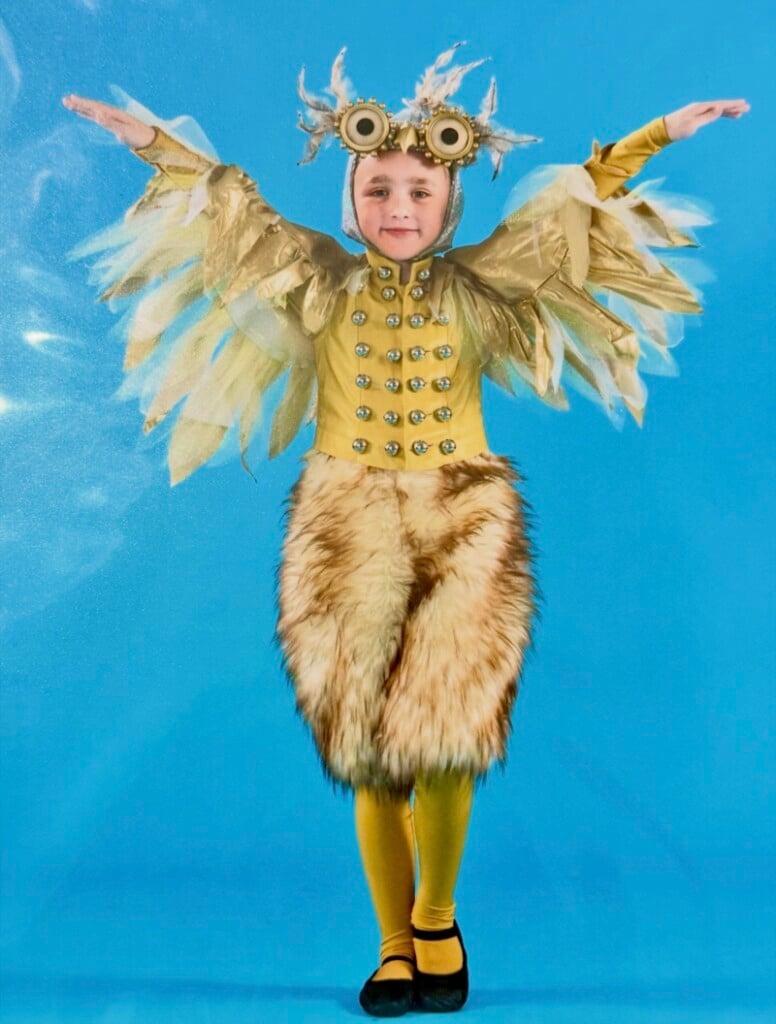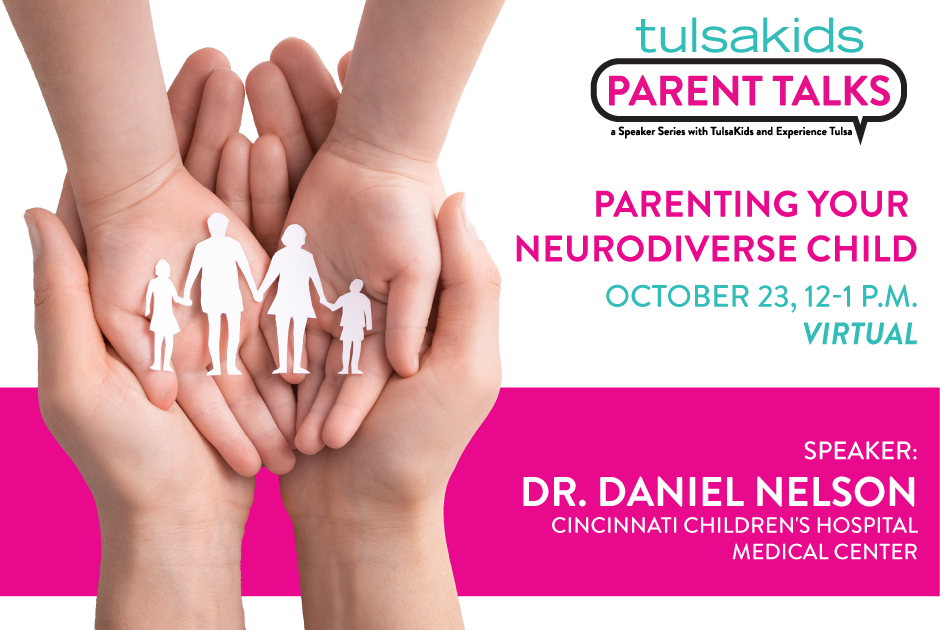HALO Tulsa Offers Support for Foster and Adoptive Parents

When Ally Martin heard that Tulsa was home to a new trauma-based child development program, she was eager to learn more. “I couldn’t wait,” Martin said of HALO Tulsa. “I was so thankful that I could put my kids in this.”
Martin recently enrolled her three adopted sons in the inaugural program, offered by Dayspring Community Services, that focuses on helping foster and adoptive parents and their children build stronger relationships through various counseling services.
“I was able to understand my kids more definitely because of HALO,” Martin said about her 4-, 6- and 16-year-old boys, who all struggled with communication. “They’ve been able to express themselves a lot more and have their needs met in a way that’s beneficial.”
HALO Tulsa Programming
The 10-week intensive outpatient program, which celebrated its first year in September, is rooted in Trust Based Relational Interventions, or TBRI, an attachment-based, trauma-informed approach to meet the complex needs of vulnerable children like Martin’s.
HALO Tulsa’s three tiers of programming — Trauma Education Classes, HALO Kids/Teen Club and Family Sessions — give kids an opportunity to improve their interaction skills as well as enable their caregivers to learn more about trauma and its effects and how to build healthy, safe connections.
“There’s a big need for … making sure that our foster and adoptive families have the resources they need to care for the children that are coming into their home with hopes of a better attachment … and less dissolved placements happening,” HALO Tulsa Director Casey Moody said.
“What we hope to see, when they finish with our program, is that caregivers feel equipped to meet the emotional needs, physical needs, sensory needs of the kiddos in their home,” Moody said.
HALO Tulsa operates three to four cohorts at a time during the 10-week period, with around six to seven children and their caregivers making up a single cohort.
Enrolled families receive 50 hours of therapy (20 hours of group for the parents, 20 hours of group for the children and 10 hours for each individual family together) — a dynamic that Brandi Sundara benefited from when enrolling her two grandsons, 2 and 4, earlier in the year.
“It was amazing the positive changes,” Sundara said about program’s impact within her kinship family. “They (HALO Tulsa) were very supporting. They’ve helped us be closer, they’ve helped my children trust me, and when I’m correcting them, they know that it’s for their good and it’s not me being mean.”
A Free Resource for Families
HALO Tulsa was backed by a $4-million Substance Abuse and Mental Health Services Administration (SAMHSA) Project LAUNCH grant issued in August 2023. The program follows the success of the HALO Project, which has operated out of Oklahoma City for the last five years. The Tulsa program is currently free for enrolled families over the duration of the SAMHSA grant.
“We’re really excited to get the news out, to let people know that this resource and this program is here in the Tulsa area,” Moody said. “We want families to feel supported … we want kids to feel safe and connected and help those adults be able to provide those things.”
For more information about HALO Tulsa or Dayspring Community Services, located at 6440 S. Lewis Ave., Ste. 2200, call 918.712.0859, email halotulsa@dayspring.pfh.org or visit pfh.org/dayspring-community-services.
 Art Haddaway is a journalist and photographer with over 20 years of experience covering a variety of topics for various publications and organizations. He is also the author of “Reflections of an Editor: Insights & Observations of a Small-town Newsman.”
Art Haddaway is a journalist and photographer with over 20 years of experience covering a variety of topics for various publications and organizations. He is also the author of “Reflections of an Editor: Insights & Observations of a Small-town Newsman.”




